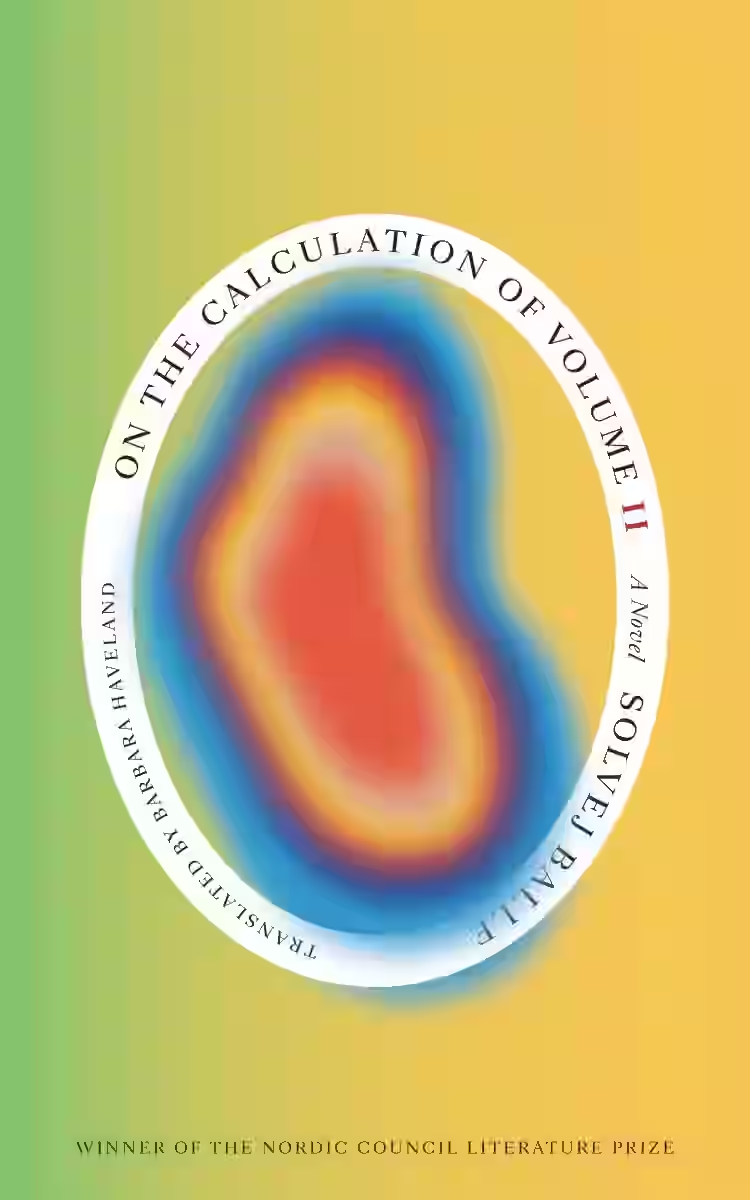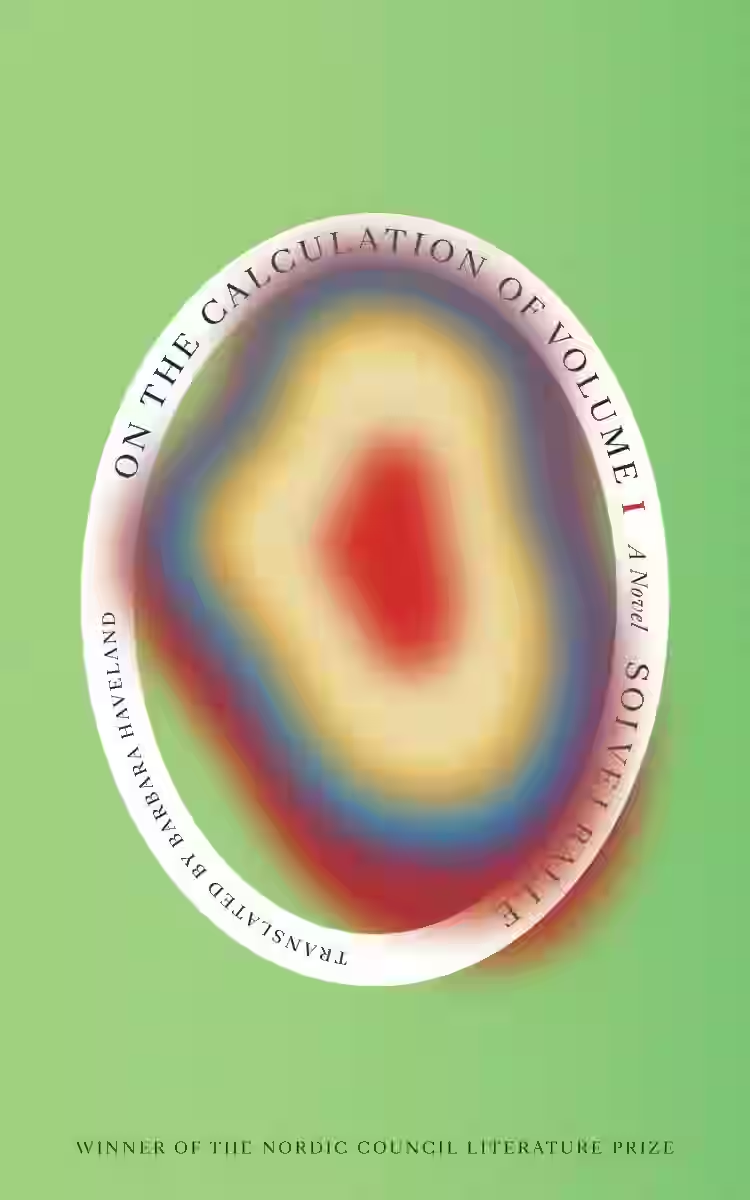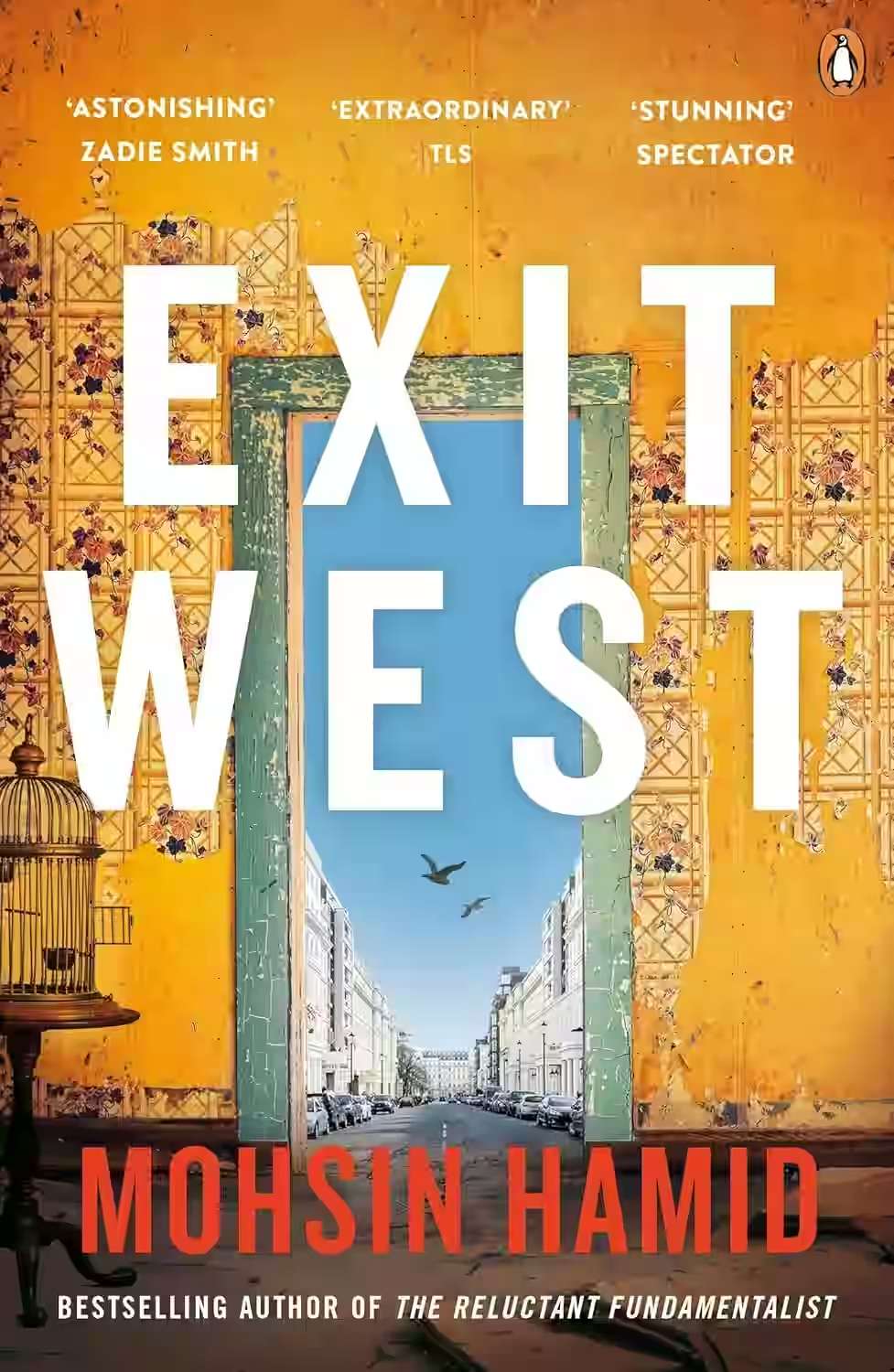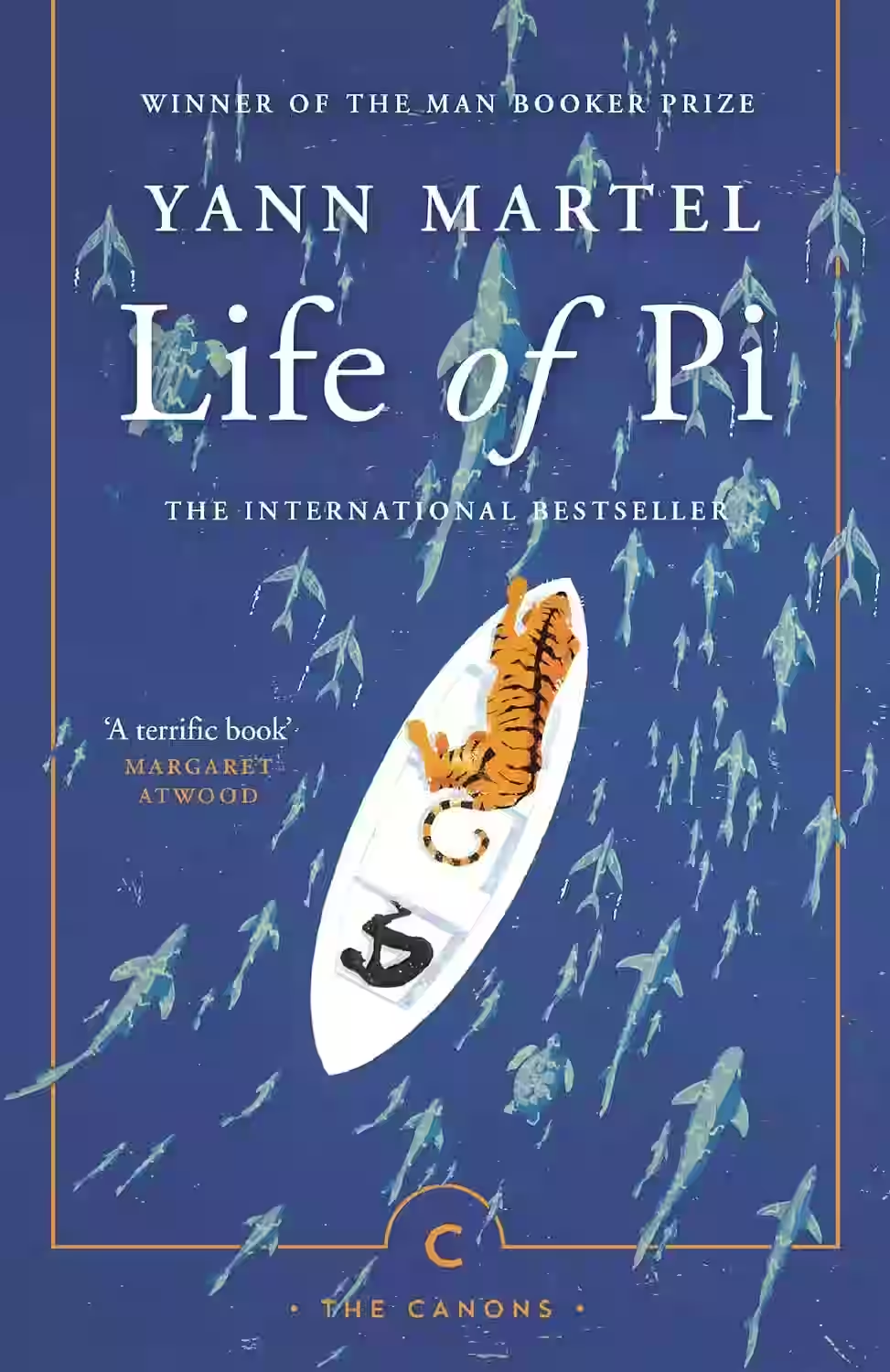
In On the Calculation of Volume II, Tara Selter’s life within the endlessly repeating November 18th deepens in complexity and loneliness. After futile attempts to recreate the passage of time—chasing winter in the north and summer in the south—she is struck by a startling revelation: she is not alone. Others, too, are trapped in this single day. This discovery expands Tara’s world and raises new existential questions. Solvej Balle continues her hypnotic exploration of time, identity, and isolation with sharp introspection and philosophical depth. The novel’s slow, deliberate pace invites reflection, pulling readers deeper into Tara’s looping reality.
About Solvej Balle
Solvej Balle, a Danish writer known for her thought-provoking and lyrically rich prose, was born in Copenhagen in 1975. With a background in literature and philosophy, Balle's works often blend existential themes with intricate character studies. She gained critical acclaim for her debut novel, 'Shadows of the Mind' (2008), which delves into the complexities of human consciousness and identity. Balle's writing style has been praised for its poetic language and deep emotional resonance, drawing comparisons to the likes of Marguerite Duras and Italo Calvino. Through her unique storytelling, Balle has made a significant impact on contemporary Danish literature, exploring the depths of the human experience with profound insight.
Other Books by Solvej Balle

On the Calculation of Volume I
by Solvej Balle
In On the Calculation of Volume, Tara Selter is trapped in a time loop, endlessly reliving November 18th. On her 122nd repetition, she knows every moment before it happens—the blackbird’s song, the start of the rain—but remains powerless to change anything. Isolated and unable to explain her condition to her confused husband, she’s haunted by her own insignificance. Solvej Balle crafts a hypnotic meditation on time, memory, and perception. The novel’s recursive structure and subtle shifts build a tranquil, almost narcotic rhythm, heightening every detail. Immersive and poignant, this first volume casts a quiet, unshakable spell on the reader.
Similar Books

Exit West
by Mohsin Hamid
In Exit West, Mohsin Hamid blends magical realism with a poignant refugee narrative. The novel follows Nadia and Saeed, a young couple whose city is falling into civil war. As their relationship deepens, they discover mysterious doors that transport people to other parts of the world. Using these portals, they journey through countries and cultures, confronting displacement, identity, and transformation. Hamid’s lyrical prose and minimalist style give the story a dreamlike quality. Exit West is both timely and timeless—a moving exploration of love, migration, and the human longing for safety, connection, and a place to call home.

Life of Pi
by Yann Martel
Yann Martel's 'Life of Pi' is a captivating tale of survival and spirituality that follows Pi Patel, a young Indian boy stranded on a lifeboat in the Pacific Ocean with only a Bengal tiger named Richard Parker for company after a shipwreck. Through Pi's incredible journey, the novel delves into themes of faith, resilience, and the power of storytelling. Martel weaves a rich narrative that challenges the boundaries between reality and imagination, leaving readers questioning the depths of human nature and the complexities of belief. 'Life of Pi' is a thought-provoking exploration of the human spirit and the enduring quest for meaning in the face of adversity.

Sea of Tranquility
This evocative passage introduces a multi-layered narrative spanning centuries and locations, from the 19th-century Canadian wilderness to a future moon colony and a "Night City." Edwin St. Andrew's mysterious experience with the violin in the airship terminal sets a strange, unsettling tone. Two centuries later, author Olive Llewellyn unknowingly echoes this event in her pandemic novel, hinting at a deeper connection. Detective Gaspery-Jacques Roberts' investigation into a wilderness anomaly promises to unravel the threads linking these disparate lives and the unsettling possibility of timeline disruption. The blend of historical exile, futuristic settings, and a central, unexplained event creates an intriguing premise.

Fahrenheit 451
by Ray Bradbury
Ray Bradbury's "Fahrenheit 451" is a profound dystopian novel that delves into the consequences of a society bereft of critical thinking and free expression. Set in a future where books are banned and 'firemen' burn any that are found, the narrative follows Guy Montag, a fireman who begins to question his role in suppressing knowledge. The novel explores themes of censorship, the dehumanizing effects of technology, and the power of literature to inspire change. Bradbury's incisive commentary on conformity and intellectual repression remains remarkably pertinent, making it a timeless critique of society's foibles and the resilience of the human spirit in the pursuit of truth.